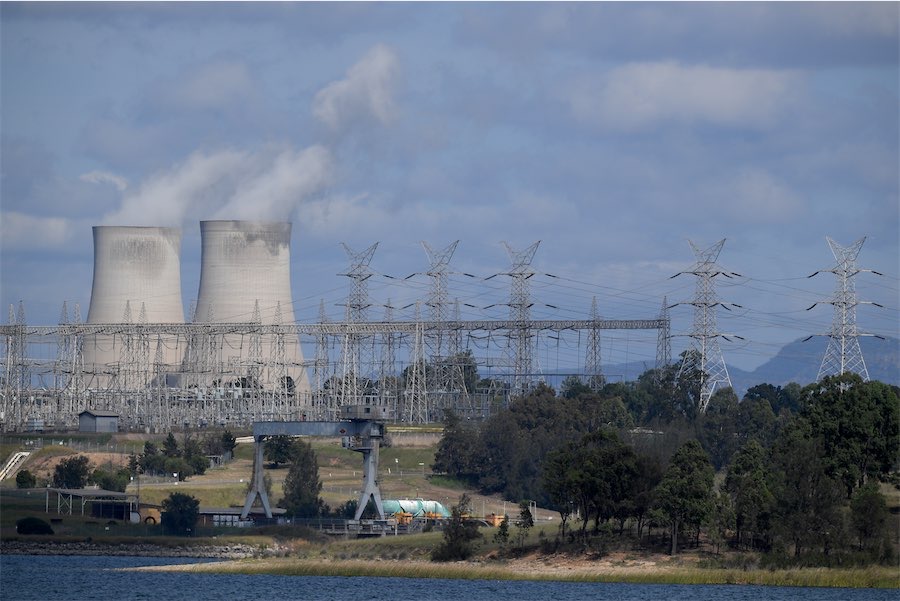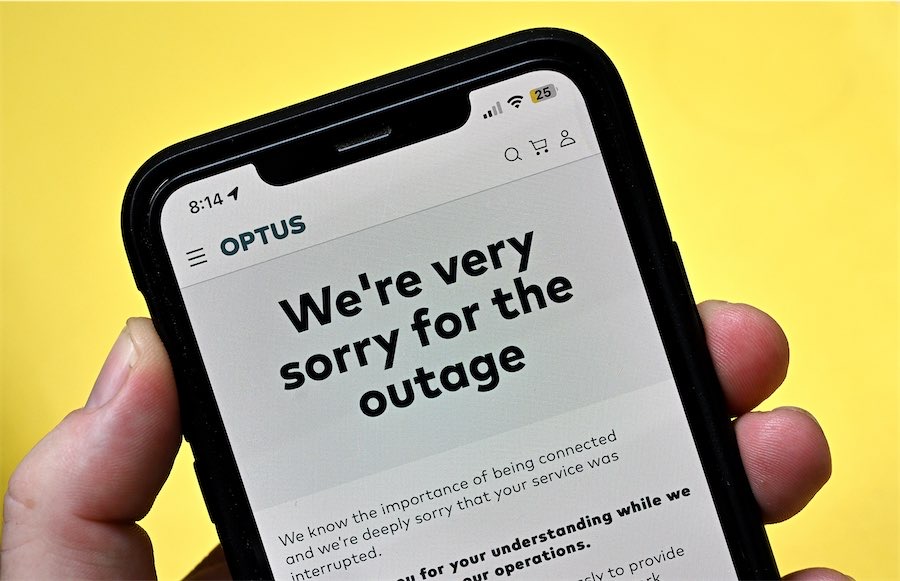
By Paul Osborne in Canberra
THE Greens will support Labor’s key climate policy, the safeguard mechanism bill, through parliament after striking a deal on coal and gas projects.
“With our significant amendments, the Greens will be voting to pass the bill and will back the regulations, but the fight against all new coal and gas continues,” Greens leader Adam Bandt said on Monday.
The government is seeking to pass the mechanism through parliament this week so the reforms can be in place by July.
Labor needs the support of the Greens plus two crossbenchers to get the bill through the Senate against coalition opposition.
The Greens have been calling for the government to stop all new coal and gas projects in return for their support for the bill.
Under the deal there will be a ceiling on gross greenhouse gas emissions, which won’t be able to exceed current pollution levels of 140 million tonnes a year, and there will be a decreasing cap over time.
The bill will include a “pollution trigger” that will require the climate change minister to test a new or expanded project’s impact on the hard cap and net carbon budgets.
If the assessment finds that the project would contribute to exceeding the cap or budget, the minister must consult and recalibrate the rules or impose conditions on new entrants.
As well, all new gas fields for export will need to be carbon neutral from day one.
The safeguard mechanism, which was initiated by the coalition government but is being overhauled by Labor, will apply to the country’s 215 biggest emitters and force them to reduce their emissions by 4.9 per cent each year.
Companies that aren’t able to meet the targets would be able to purchase carbon credits.
The policy is considered essential to achieving the climate target of 43 per cent emission reduction by 2030 and net-zero by 2050.
Key crossbench senator David Pocock is also in talks with the government, voicing concerns about the overuse of carbon offsets under the plan.
Here’s what’s been agreed with the Greens:
- A ceiling on actual or absolute (gross) emissions, which won’t be able to exceed current pollution levels of 140 million tonnes a year, and there will be a decreasing cap over time.
-
A pollution trigger will require the climate change minister to test a new or expanded project’s impact on the hard cap and net carbon budgets. If the assessment finds the project would contribute to exceeding the cap or budget, the minister must consult and recalibrate the rules or impose conditions on new entrants.
-
All scope one emissions from the Beetaloo gas project will have to be net zero with scope two and three emissions referred to the Ministerial Energy Council, presenting a significant financial barrier to the Northern Territory project proceeding.
-
All new gas fields for LNG export will need to be net zero CO2 from day one.
-
Incentives for onsite abatement to actually cut pollution.
-
Corporations will be required to justify their use of offsets if they use offsets for more than 30 per cent of their baseline. A review in 2026/27 will look at the use of offsets.
-
The Powering the Regions fund will not be used to fund coal or gas projects.
-
Increased methane monitoring, leading to greater coal and gas emissions reductions.
-
The laws will require reporting of all types of gases and offset generation use creating greater transparency and pressure on corporations to do more.
Who can be trusted?
In a world of spin and confusion, there’s never been a more important time to support independent journalism in Canberra.
If you trust our work online and want to enforce the power of independent voices, I invite you to make a small contribution.
Every dollar of support is invested back into our journalism to help keep citynews.com.au strong and free.
Thank you,
Ian Meikle, editor





Leave a Reply